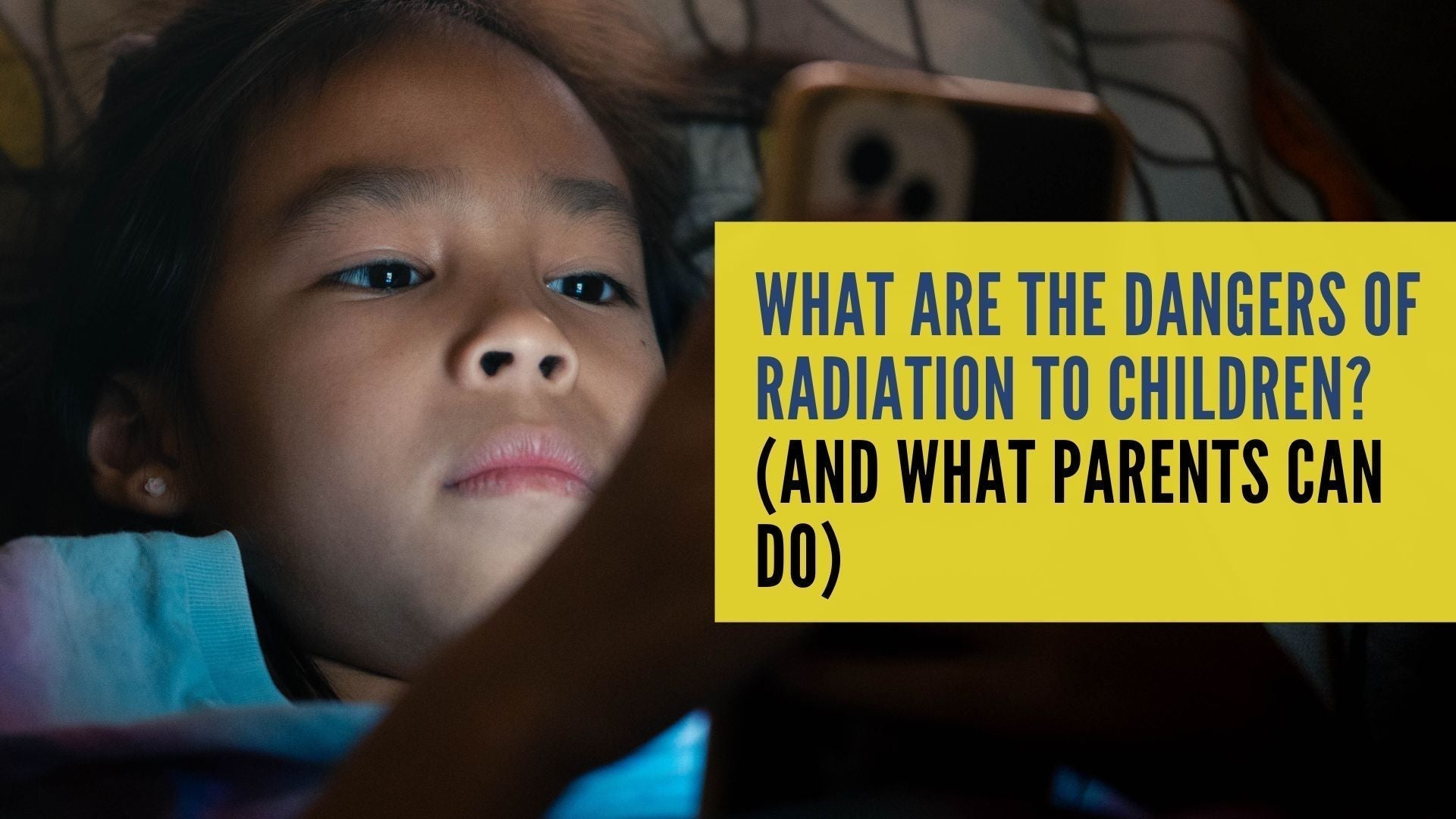In a world dominated by technology, schools worldwide have been grappling with the challenge of incorporating digital devices into the learning environment. However, in a positive stride towards improved education, the Netherlands, France and various regions in Australia and the U.S. are set to take a bold step by banning wireless devices from classrooms. This move comes as a response to scientific research suggesting that such devices can disrupt concentration and hamper the learning process.
In this article, we'll explore the reasons behind this decision and delve into the potential benefits of removing mobile phones, tablets, and other wireless gadgets from educational settings.
France's Cautious Approach to Wireless Technology in Schools

In France, there are strict regulations regarding the use of Wi-Fi in educational settings. Wi-Fi is prohibited in kindergartens, and in schools, the default setting for wireless is off. Instead, teachers use wired computers for Internet access. In-school networks are predominantly hardwired, and if wireless is required, it is only activated for brief periods in the classroom as necessary and turned off after use.
Additionally, France has implemented a ban on cell phones in elementary and middle schools to further limit exposure to wireless signals. Moreover, the government has been proactive in educating the public for several years through public health initiatives on ways to reduce their exposure to electromagnetic radiation. These measures reflect the country's commitment to prioritizing the health and safety of its students and citizens when it comes to technology usage in educational environments.
The Dutch Government's Initiative
Starting from January 1, 2024, the Dutch government has taken a proactive stance in banning digital devices from classrooms. Education Minister Robbert Dijkgraaf cited scientific research that supports the notion that mobile phones disrupt concentration, ultimately hindering the learning process. The implementation of the ban will be tailored to individual schools, with the involvement of parents, teachers, and students in the decision-making process. This collaborative approach aims to ensure that the ban is both effective and well-received within educational institutions.
NSW's Efforts to Improve the Learning Environment

In New South Wales, schools are also taking significant steps towards a wireless device ban. By the start of term 4 in 2023, NSW schools are expected to prohibit the use of mobile phones during classes, recess, and breaks. The decision is driven by concerns about the impact of smartphones on students' learning and mental health.
The NSW Deputy Premier and Minister for Education and Early Learning, Prue Car, believes that a blanket ban will level the playing field, reduce classroom distractions, combat cyberbullying, and foster better learning outcomes. Condell Park High School's success in maintaining a phone ban for 16 years serves as a positive example of the benefits that can be achieved through such measures.
Teacher Unions Advocating for Safe Technology in Schools

Teacher Unions advocate for safe technology in schools through various measures. The New York State Teachers Union organized a webinar titled "Risks of wireless technologies and protecting children and staff in schools" and issued a press release on their "Best Practices For Schools." Similarly, the United Educators of San Francisco passed a Resolution on Safer Technology, which includes posting information on reducing cell phone use in classrooms and hosting informational webinars.
In 2016, the Elementary Teachers Federation of Ontario called for a "WI-FI moratorium," while back in 2013, the Canadian Teacher Federation issued a briefing document titled "The Use of Wi-Fi in Schools," promoting an education program to raise awareness about potential risks and ways to avoid exposure to Wi-Fi access points and devices.
Evidence-Based Arguments

The decision to ban wireless devices is supported by a growing body of research that highlights the adverse effects of internet-connected devices on learning and cognition. Some key findings include:
- Improved Cognition with Restricted Screen Time: A 2018 study revealed that limiting children's screen time was associated with enhanced cognitive performance. By reducing digital distractions, students may experience improved concentration, memory retention, and cognitive abilities.
- Changes in Cognitive Functions: Scientists from Western Sydney University, Oxford University, and the University of Manchester found that internet use influenced aspects of cognition, affecting memory and social interactions. By minimizing exposure to digital devices during classroom hours, students may experience improved focus and better interpersonal connections.
- Negative Impact on Performance: Research has shown that using mobile phones during breaks from work can negatively affect subsequent performance. Similarly, having smartphones present during classroom activities may subconsciously divert attention and hinder optimal learning.
- Reduction in Cognitive Capacity: A study conducted by the University of Chicago revealed that the mere presence of a smartphone reduced "available cognitive capacity." Students who were heavily reliant on smartphones experienced the most significant decline in cognitive abilities. This suggests that limiting smartphone usage during school hours can positively impact students' overall cognitive functions.
The decision of the Dutch and French governments and various Australian and U.S. states to take action against wireless devices in classrooms stems from a wealth of evidence suggesting the negative effects of such devices on concentration, cognition, and learning outcomes.
By creating distraction-free learning environments, schools aim to provide students with a better chance to excel academically and foster healthy social interactions. As these bans are implemented, it is expected that students, parents, and educators will work together to support this positive change in education and embrace the benefits it brings to the learning experience.
Parents could also consider investing in EMF protection clothing for their children as a precaution. Radia Smart features a wide selection of EMF shielding blankets, beanies, ponchos and singlets that block off EMF radiation from the surroundings.
True Customer's Review
"It works! very happy to get these, especially when we’re traveling in hotel room rooms and routers are very close.
-Genie D"
References:
https://ehtrust.org/health-effects-wireless-in-schools/
https://www.wirelesseducation.org/1073-2/
https://www.emfhome.com/news/wifi-health-school
https://www.rte.ie/news/world/2023/0704/1392767-netherlands-phone-school-ban/
https://emraustralia.com.au/blogs/news-1/schools-to-ban-wireless-devices



